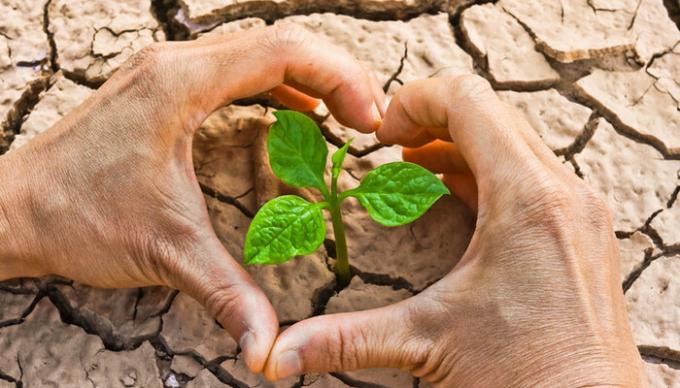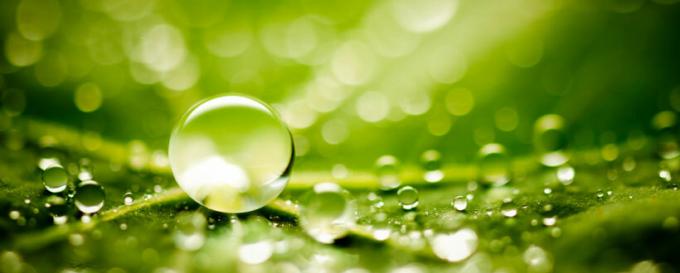
In this post we have selected excellent ideas and templates ready for your Environment Project for initial series (Child Education and Elementary School). It's a wonderful resource for working on Environment Day.
O World environment day is celebrated annually in June 5th and began to be celebrated in 1972, with the aim of promoting activities to protect and preserve the environment, and to alert the public and governments of each country to the dangers of neglecting the task of caring for the world in which we live.
See also:
It was in Stockholm, on June 5, 1972, that the first of the United Nations Conferences on the Human Environment began. The meeting lasted until the 16th and brought together several governments and NGOs. For this reason, it was chosen as World Environment Day.
With that in mind, we selected these templates ready for your Environment Project, check out:
Index

I still recommend: Environmental booklet

Others in: Panel Tips for the Environment
Others in: Activity Ideas for the Environment Week

Realizing the importance of environmental issues for the entire planet, we cannot sit idly by, we must act. Therefore, making children aware of the environment is to ensure that in the future they become responsible citizens who are aware of their role.
Source: Environmental project above taken from our partner: school education
Realized that the school is an institution of knowledge construction and a supporter in the process of awareness, this project presents proposals for classes to be developed at Escola Olavo Bilac with the theme Environment. Emphasizing that the balance of nature is essential for life on earth and the school has to be engaged in finding solutions for its preservation.
Educating is on a new level, whose core is the development and integral fulfillment of the person and the citizen. This is what supports the education proposal of the Olavo Bilac Municipal School, whose mission is to “promote excellence in education, producing and disseminating the knowledge, committed to the integral formation of the ethical citizen, in search of sustainable regional development and a more just and humane society.” With this proposal, we understand that it is very important to work on the Environment, seeking knowledge and awareness of the children who will be our future citizens. Because when a child learns and understands the importance of preserving and caring for the environment in which they live, they will certainly be a responsible citizen and committed to the society of which it is a part, being able to establish relationships, interact, transform and re-elaborate in this environment and in others realities.
1st class
2nd class
3rd class
Also see: Class Plan Environment – The Little Seed


What did you think of the post "Environment Project"? If you liked it, be sure to share it with your friends on social networks.
Subscribe to our email list and receive interesting information and updates in your email inbox
Thanks for signing up.


